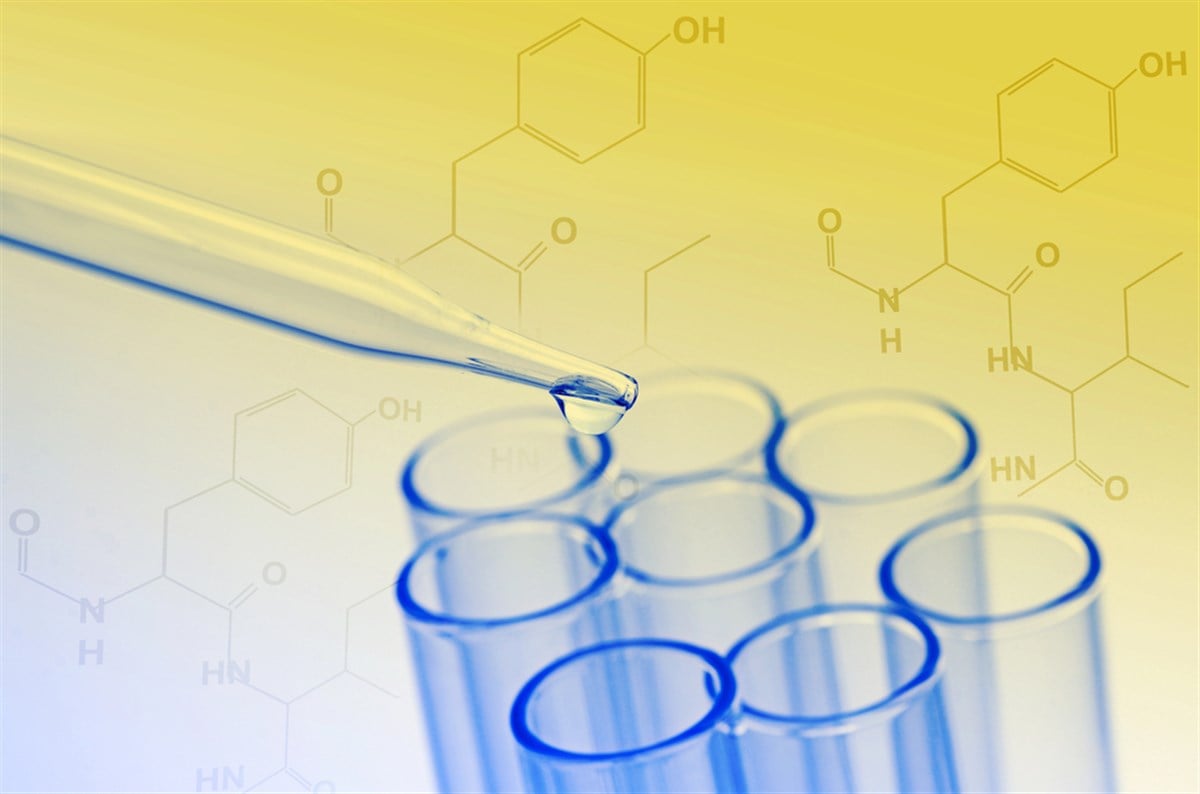
ORIC Pharmaceuticals (NASDAQ: ORIC) is a small-cap pharma stock. It aims to make a difference with its potentially "best-in-class" treatments. The company’s shares have not had a great year, returning -4% in 2024. However, analysts on Wall Street are bullish.
The average of five price targets released since the beginning of Sept. is $19.60 per share. The company’s stock price would have to rise 122% to reach that level. So, what is making these analysts optimistic about the stock? I’ll look to answer that question and provide my take on ORIC Pharmaceuticals.
An Introduction into ORIC’s Leading Drugs
ORIC has two drug candidates leading the way for the firm. One is ORIC-114. It aims to treat cancers that occur from mutations of the epidermal growth factor receptor (EGFR) and human epidermal growth factor receptor 2 (HER2) genes. These mutations commonly occur in non-small cell lung cancer (NSCLC). More specifically, it aims to treat exon 20 mutations and other atypical mutations.
An “exon” is a specific part of a gene, and different medicines work to remedy different exons of the same gene. A treatment designed to work on exon 19 will not necessarily work for a patient affected by an exon 20 malfunction.
The second treatment is ORIC-944, which is being developed to treat prostate cancer. It does this by trying to inhibit the Polycomb Repressive Complex 2 (PRC2). Overactivity of this protein group can silence genes that suppress tumor formation. ORIC-944 aims to reactivate these genes through suppression of the PRC2. The company has said that both treatments have “best-in-class” potential.
ORIC-944: Partnering with Pharma Giants
ORIC-944 is interesting. It doesn't aim to replace prostate cancer treatments. It wants to enhance their effectiveness by working with them. ORIC’s drug essentially aims to extend the time it takes for cancer cells to learn that they shouldn’t react to signals from other cancer treatments. The cancer cells build up this form of resistance over time, making the medicines ineffective afterward.
The success of ORIC-994 would prolong the effectiveness of those prostate cancer treatments, called AR-inhibitors. Currently, there are three main AR-inhibitors that ORIC-994 could work with. Combined, they do around $10 billion in annual sales, according to ORICs Chief Financial Officer.
ORIC has collaboration agreements to work with Johnson & Johnson (NYSE: JNJ) and Bayer (OTCMKTS: BAYRY) to improve their AR-inhibitors with ORIC-944. The other company, Pfizer (NYSE: PFE), is working to make its own PRC2 inhibitor. Positive results from Pfizer’s treatment provide confidence for ORIC-994’s potential.
From a business standpoint, it's attractive to combine forces with successful drugs. It relies on collaboration, not competition. This aligns ORIC with the interests of the large companies. It incentivizes them to help ORIC succeed. AR-inhibitors are extremely important when it comes to prostate cancer treatment. Dr. Patrick Pilié at the University of Texas MD Anderson Cancer Center calls them the "single biggest improvement in treating advanced prostate cancer in the last 5 to 10 years." This makes ORIC-944 an interesting drug to watch as it progresses through FDA trials.
ORIC-114 Exhibits Strong Results, but Greater Competition
As for ORIC-114, it appears that it faces significantly more competition. There is one drug approved for the atypical mutations that it looks to treat. Additionally, two others are currently in Phase 2 or higher trials to treat exon 20 mutations.
However, the initial results of ORIC-114 look good. Of the 27 patients studied, 18 saw a 75% or greater reduction in the molecules of the mutant EGFR gene that is causing cancer progression. Additionally, this reduction occurred in just four weeks, showing the treatment worked rapidly. One patient who had an atypical mutation saw a 100% depletion of mutant gene molecules.
The strong results from ORIC-114 and the work with big pharma on ORIC-994 make ORIC Pharmaceuticals a biotech stock to watch. At this point the stock is a highly speculative purchase, as both drugs have yet to even complete Phase 1 FDA trials.
One positive note is that the company’s over $282 million in cash gives it enough funding until late 2026. The company currently doesn’t face the need to raise more capital, so shareholder dilution is not an immediate concern. ORIC will report further data from ORIC-114 in the first half of 2025.
The article "ORIC: Working with Two Pharma Giants, Analysts See +100% Upside" first appeared on MarketBeat.







